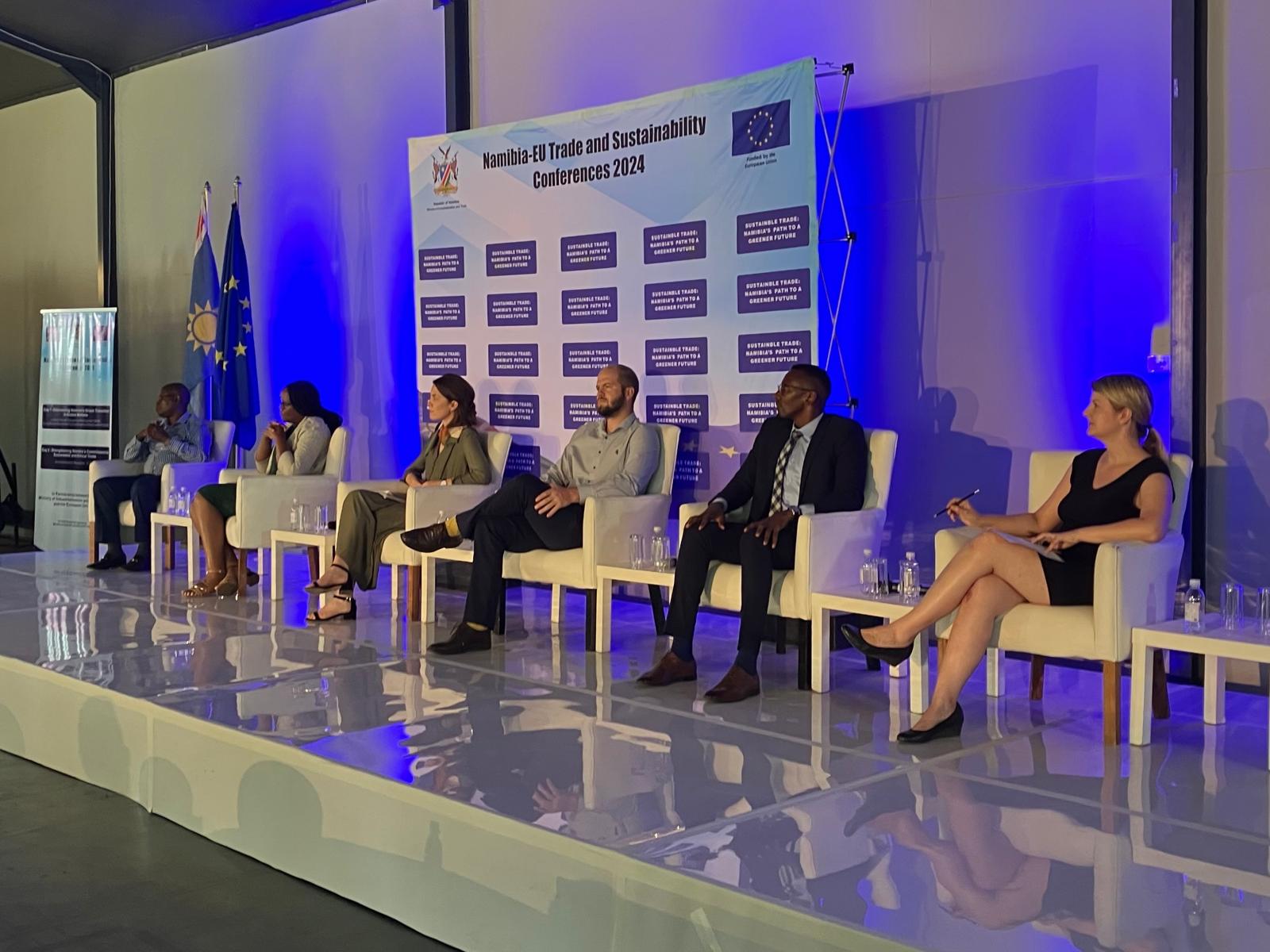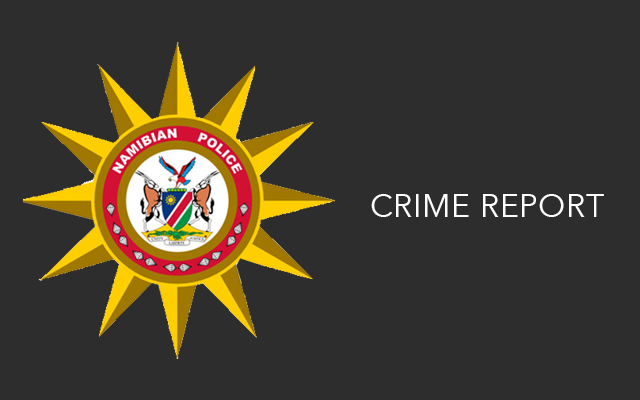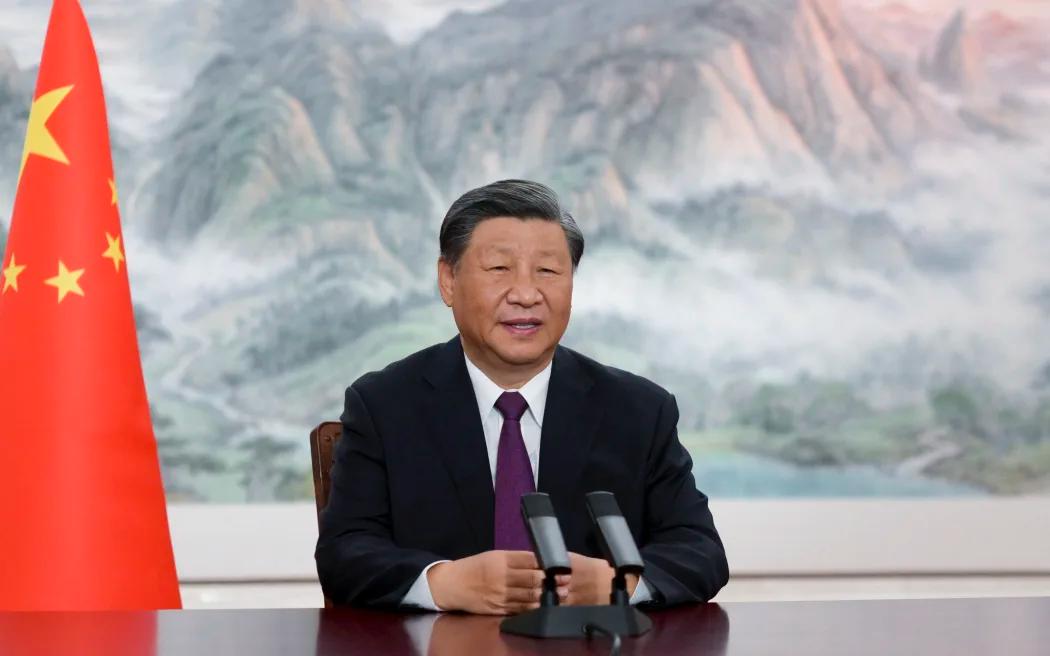Small and medium-sized Namibian businesses are concerned about additional costs associated with compliance with the European Union’s (EU) Corporate Sustainability Due Diligence Directive.
Representatives of such enterprises voiced these concerns during a panel discussion at the Namibia-EU Trade and Sustainability Conference in Windhoek on Thursday.
Justus Tjituka of the Namibia Indigenous Communities Charcoal Association said that indigenous charcoal producers must receive the same kind of support from the EU as other producers.
AvaGrow chief executive and co-founder Leonie Hartmann referred to existing standards such as local and global good agricultural practices (GAP). She asked whether producers would have to comply with all of these standards as well as the EU directive, or if the directive would accept adherence to pre-existing standards. She also called for EU support for local businesses adhering to the directive.
Arwil Viviers, a trade specialist at Namib Mills Investment Group, echoed these demands. He further asked whether there could be exceptions for the agricultural sector due to “the low risks associated with it”.
Klaas Eller, a specialist on the EU directive who facilitated the panel discussion, assured Tjituka that the directive is aimed at preventing discrimination. Eller also said that the issue of which local regulations must be followed is still pending. He invited participants to voice their perspectives and influence the corresponding deliberations.
Christina Pfandl of the Agency for Business and Development, which is operated by the German development agency GIZ, told participants that her office is offering capacity-building support through its help desk on business and human rights.
The directive obliges large EU companies and some large non-EU companies to identify, prevent, mitigate and remedy potential and actual adverse human rights and environmental impacts in their operations and supply chains.
Stay informed with The Namibian – your source for credible journalism. Get in-depth reporting and opinions for
only N$85 a month. Invest in journalism, invest in democracy –
Subscribe Now!










